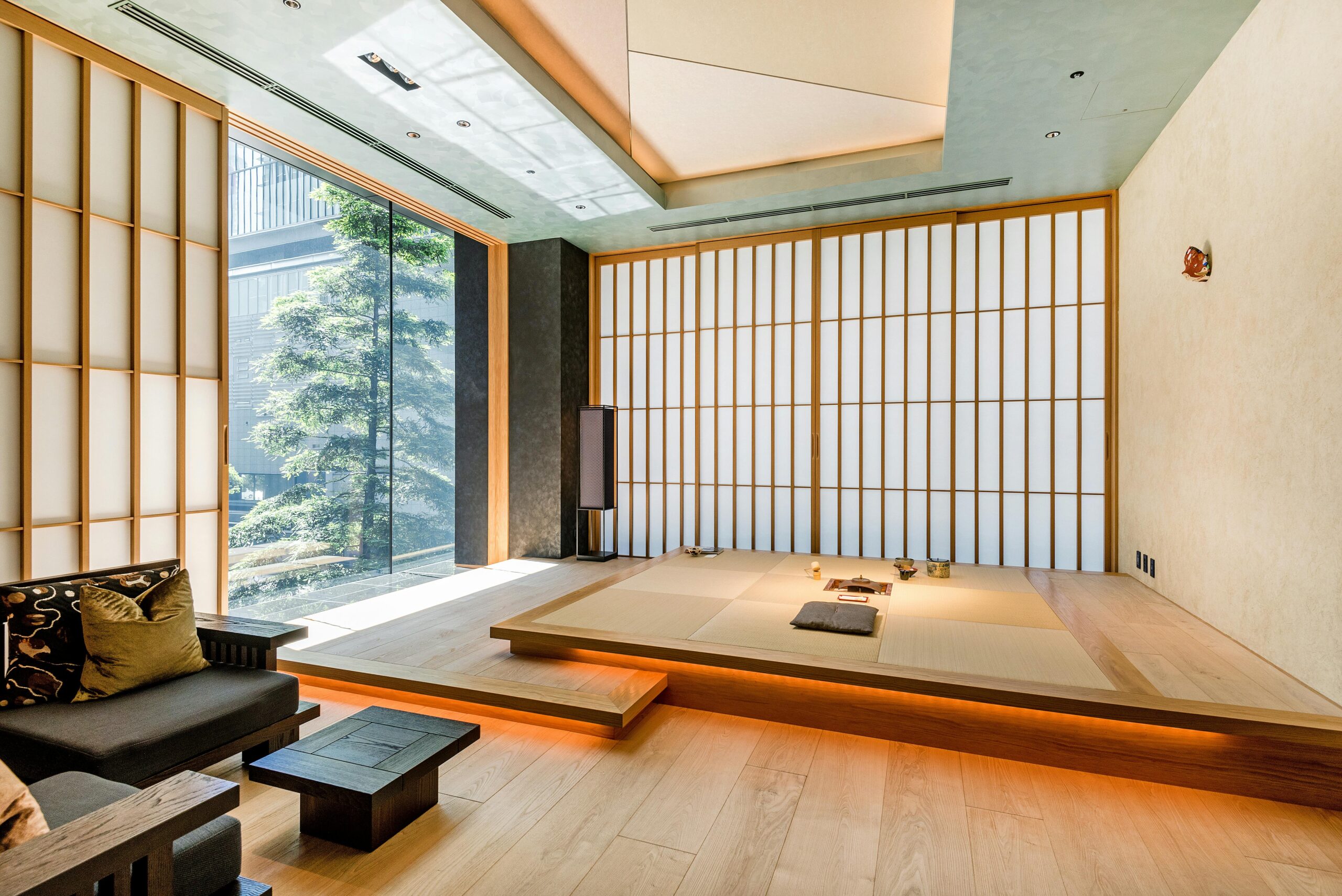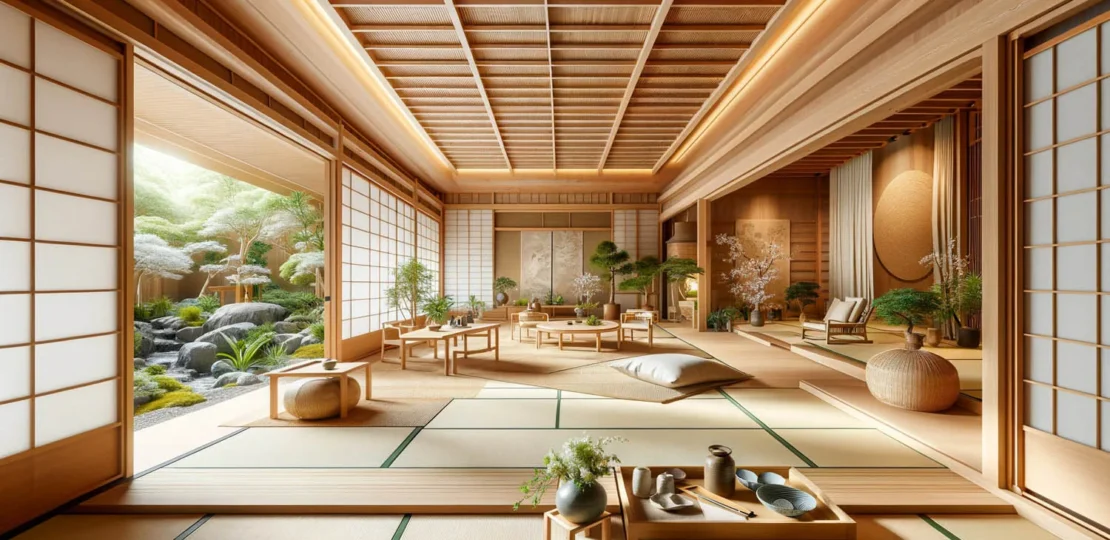
Introduction
In today’s fast-paced world, where everything feels cluttered and chaotic, many people are seeking a way to bring peace and order into their lives. One effective method is through Japanese simplicity. This approach is rooted in centuries-old traditions and offers more than just a design aesthetic—it’s a way of life. In this guide, we’ll explore the principles of Japanese simplicity and share practical tips on how you can embrace a minimalist lifestyle that is both fulfilling and serene.
What is Japanese Simplicity?
Japanese simplicity, also known as shibui or wabi-sabi, is a philosophy that emphasizes the beauty of imperfection and the art of living with less. It focuses on functionality, natural beauty, and maintaining a deep connection to nature. Unlike the Western approach to minimalism, which often centers around decluttering and reducing material possessions, Japanese simplicity encourages finding joy in simplicity and appreciating the understated elegance of everyday objects.
Key Principles of Japanese Simplicity
To truly embrace Japanese simplicity, it’s essential to understand its core principles. These guidelines will help you create a peaceful and meaningful living space.
1. Minimalism with Meaning
Japanese simplicity is not about stripping away everything you own. Instead, it’s about curating your surroundings with intention. Every item in your home should serve a purpose or bring you joy. This thoughtful approach leads to a balanced, calm, and meaningful living environment.
2. Connection to Nature
Incorporating elements of nature into your home is a central tenet of Japanese simplicity. Using natural materials like wood, stone, and bamboo, as well as adding plants, helps create a harmonious connection with the natural world. This bond with nature fosters a peaceful environment that soothes both the mind and body.
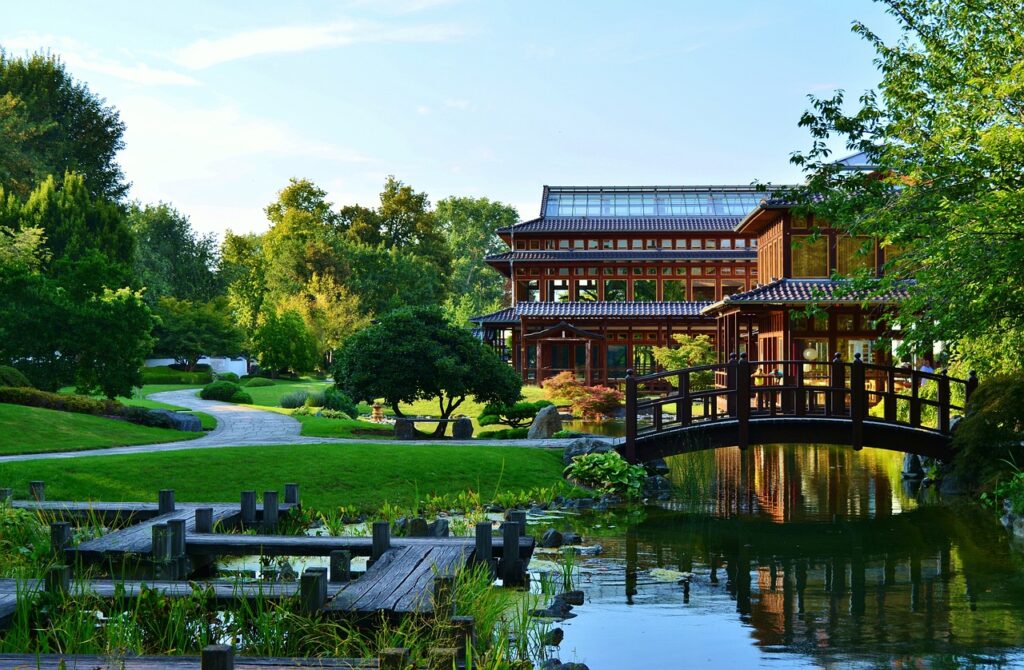
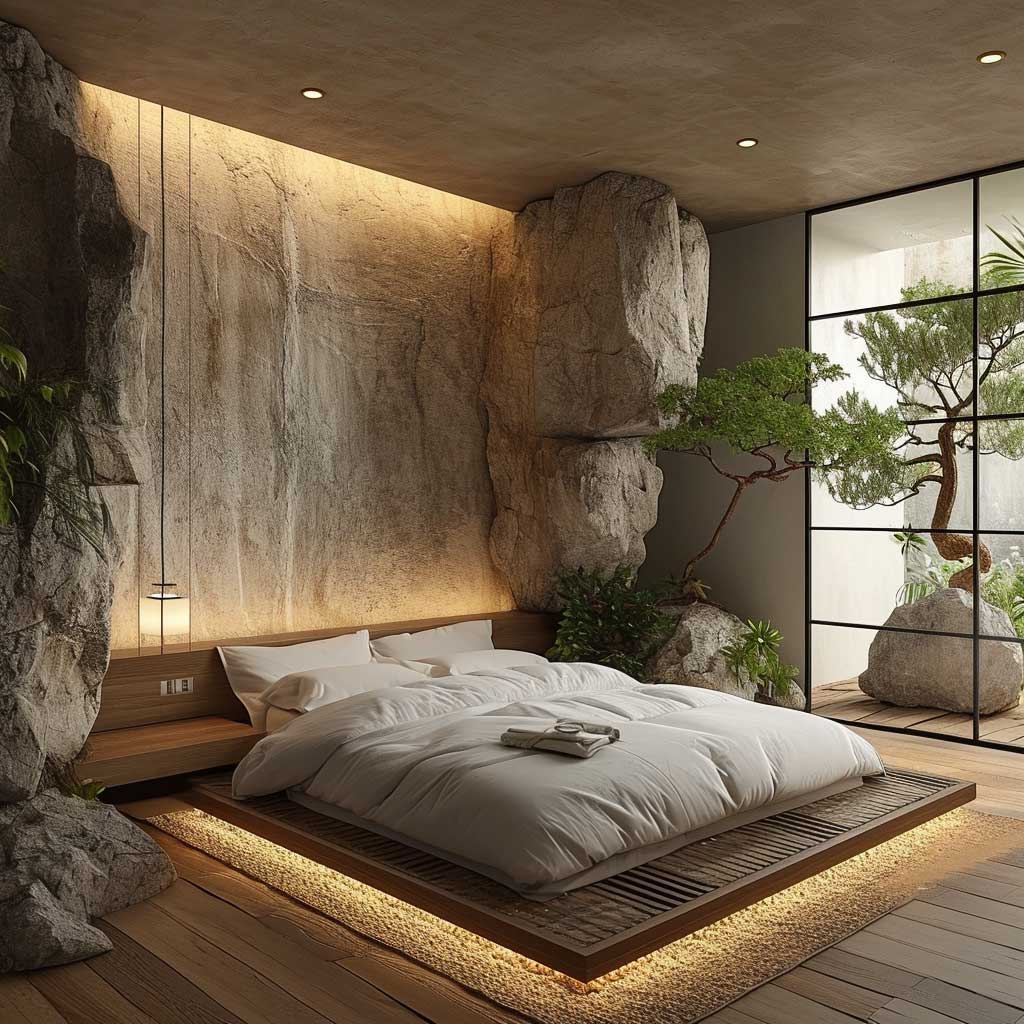
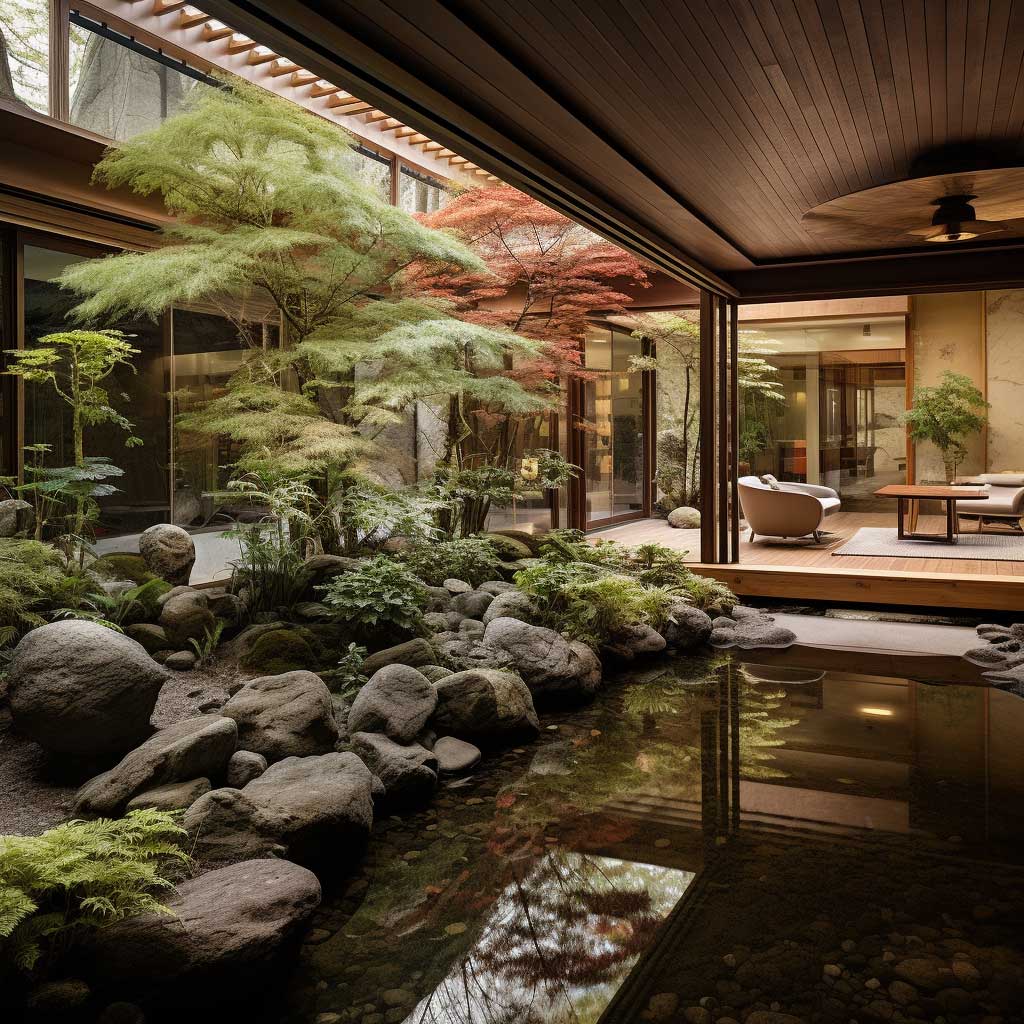
3. Embracing Imperfection
The concept of wabi-sabi teaches us to find beauty in imperfection. Whether it’s cracks in pottery, weathered wood, or aged fabrics, these imperfections are seen as symbols of life’s journey. By embracing these imperfections, we learn to appreciate the passage of time and the unique stories that each object holds.
4. Mindful Living
Japanese simplicity encourages mindfulness in daily life. Whether you’re savoring a cup of tea or arranging a flower, the focus is on being present and fully engaged in the moment. This mindful approach helps reduce stress and enhances overall well-being.
How to Incorporate Japanese Simplicity into Your Life
Now that you understand the principles of Japanese simplicity, here are some practical ways to incorporate them into your daily life.
1. Declutter with Purpose
Start by decluttering your living space, but do so with intention. Instead of discarding items en masse, consider the role each object plays in your life. Keep only what is truly meaningful or useful. This mindful decluttering process will create a space that feels more open and serene.
2. Choose Quality Over Quantity
Invest in high-quality, timeless pieces that you love and will last for years. Whether it’s furniture, clothing, or kitchenware, opting for fewer, better items aligns with the Japanese philosophy of simplicity and sustainability.
3. Create a Zen Space
Designate a corner of your home as a Zen space where you can relax and meditate. Keep this area free of distractions, and add elements like a tatami mat, a low table, or a simple vase with a single flower. This space will serve as a daily reminder to slow down and live mindfully.
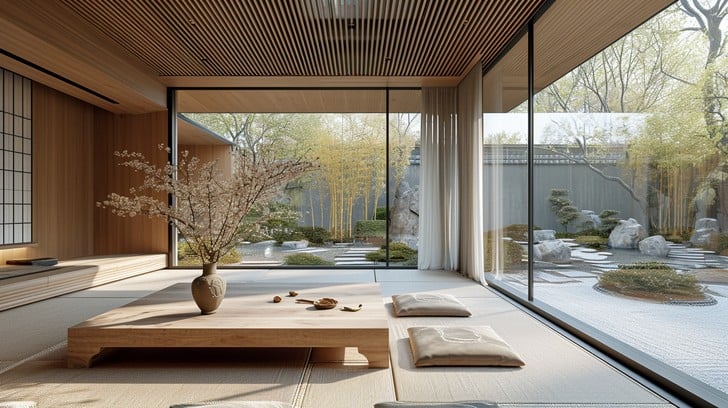

4. Incorporate Natural Elements
Bring the outdoors in by incorporating natural elements into your decor. A bonsai tree, a rock garden, or a simple wooden sculpture can add a touch of nature to your home, creating a sense of tranquility and balance.
5. Practice Mindfulness in Everyday Activities
Cultivate mindfulness in your daily routines. Whether it’s through the Japanese tea ceremony or simply taking time to enjoy a meal, practicing mindfulness helps you connect with the present moment and appreciate the simplicity of life.
Conclusion
Japanese simplicity is more than just a design trend; it’s a way of living that brings balance, peace, and purpose to our lives. By embracing the principles of minimalism, a connection to nature, and mindful living, you can create a home and lifestyle that reflect the beauty of simplicity. Start your journey toward a simpler, more fulfilling life today, and discover the joy that comes from living with intention and grace.
RELATED POSTS
View all

